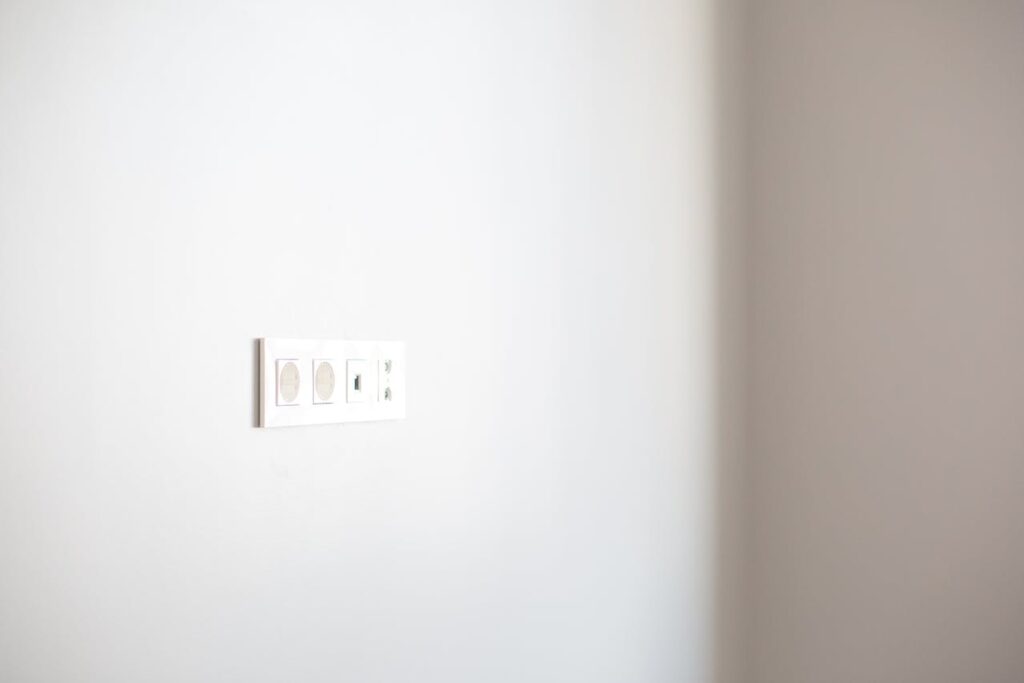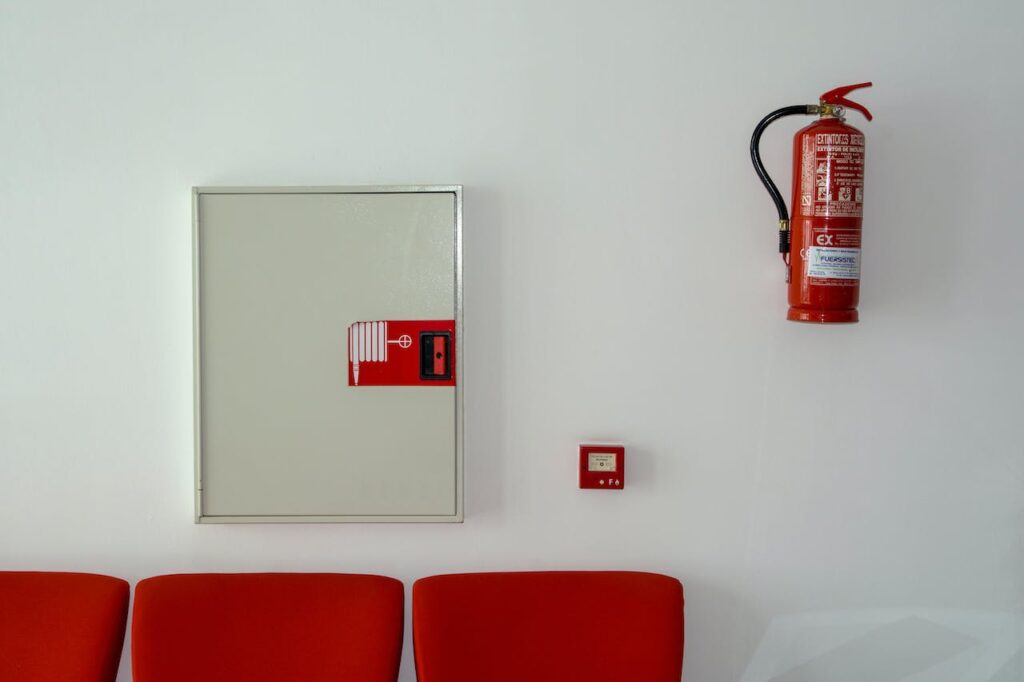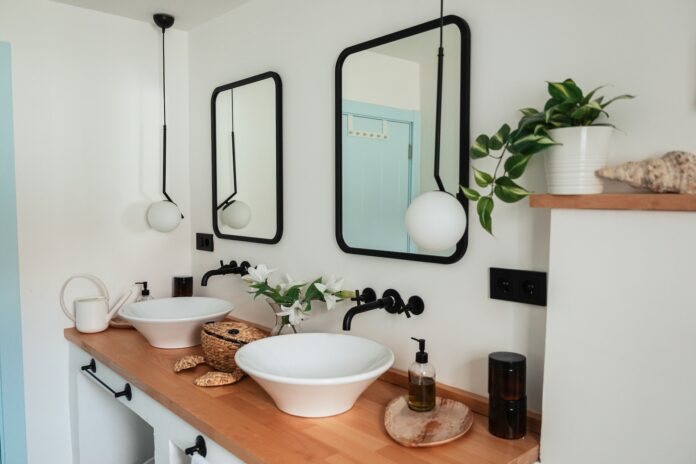Fire safety is something that has no doubt been at the forefront of everyone’s minds, given the recent tragedy at Grenfell Tower. Not only this, but a nationwide fire safety check was carried out on high-rise buildings, being regularly commented on by national and regional news. With that in mind, it’s probably made you think a little more about your own safety when it comes to fire hazards.
From 2015 to 2016, fire and rescue services attended 529,000 incidents. 31% were fires, while 41% were fire false alarms. It was recorded that the highest percentage of fires were caused by cooking appliances, and the highest number of fatalities caused by fires came from smoking materials such as cigarettes. Most fatalities from fires occur with people aged 80 and over. As such, it’s clear that your property should be fitted with the correct equipment to keep you as safe as possible.
Protecting your home
In a world where we become more dependent on electrical appliances and devices, our awareness for fire safety should increase accordingly. Faulty electrical components can cause fires in homes; manufacturers can occasionally have to carry out product recalls for safety reasons.
While this shouldn’t scare you into unplugging all your electrical devices, it’s important to be aware of the risks. So what can you do to make sure your home is safe from fire?

Working smoke alarms
Did you know that if you don’t have a working smoke alarm in your home, you’re 4 times as likely to die from a fire? Having a smoke alarm is one of the simplest and most effective ways to protect your family and home, should a fire occur. In 2015/6 it was reported that 89% of households have a working smoke alarm; which means there is still 11% of the country that don’t.
Fit at least one smoke alarm on each level of your home; they’re cheap and easy to install, so there’s no excuse! A 10-year smoke alarm battery is the best choice; they save you having to remember to change the battery regularly.
However, you should still test the battery at least once a month. Press the button to test that it’s working properly; if the alarm doesn’t sound, then you should replace the battery.

Top tips to prevent a fire
It may all sound like common knowledge, but you’d be surprised at how easy it is to forget these tips. Don’t overload your plug sockets, especially an extension lead. They will have a limit on how many amps they can take and overloading could put you at risk. Keep your eye out for dangerous or naked wires; replace any old cables, particularly if they are under carpets or behind furniture.
The likes of candles and cigarettes should be handled with care and always kept in a safe place away from children. You may be surprised how easily your sofa could catch fire from a cigarette. It’s also wise to ensure your fire extinguishers – should you have one or more – are working. Considering investing in fire curtains and fire blankets, too.
Keep your eye out for Home Safety Week, happening from 2nd-8th October. Designed to raise awareness of the risk of accidental fires in the home, your local fire and rescue service may be offering advice and reminding you of the steps you can take.





